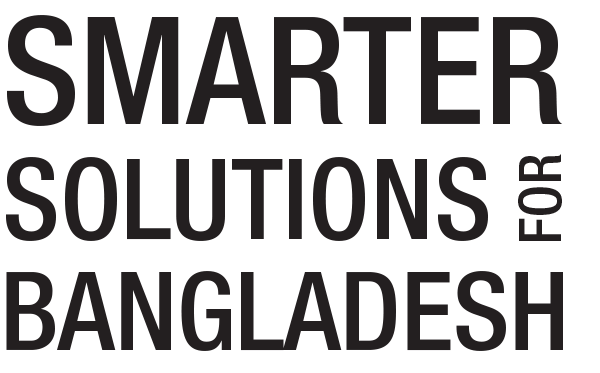Bangladesh Priorities: Golden Rice, Deb
New research by Uttam Deb, an economist at the International Crops Research Institute for the Semi-Arid Tropics, suggests that investment in the development and dissemination of golden rice can help Bangaldesh overcome vitamin A deficiency and its related blindness and deaths. Each taka spent on golden rice could do an outstanding 416 takas of good.
| Strategy | Takas of benefits per taka spent |
|---|---|
| Golden rice R&D | Up to 329 |
Research on golden rice began in the 1990s as an effort to develop a type of rice that could counter malnutrition. The rice is fortified with beta-carotene, which is converted into vitamin A inside the body, and also gives the strain of rice it its color. Because the genetically modified rice is enhanced with micronutrients, it holds the potential to combat the critical vitamin A deficiency in Bangladesh.
Widespread adoption of golden rice would be incredibly valuable for Bangladesh. Not only is the rice fortified with beta-carotene, it also has higher crop yields than many other varieties. So benefits from its cultivation would arise both from increased farmer productivity as well the positive health effects. Furthermore, golden rice is a boro rice, so the geographic areas where it is most likely to succeed in the field overlap considerably with the areas where nutrition deficiencies are highest in Bangladesh.
The costs to release golden rice for cultivation by 2018 include funding for research and development to continue to adapt it to the Bangladesh environment. It would also require paying costs for crop trials, extension services, seeds, marketing, and education. In total, the costs would be more than Tk 800 million (Tk 80 crore).
The analysis estimates that if 30 percent of the population would adopt golden rice as part of their regular diet, it would reduce vitamin A deficiency nationwide by roughly 30 percent. It would also decrease stunting by 3 percent, preventing approximately 165,000 children from becoming stunted. When added together, the value of these health benefits is more than Tk 175 billion (Tk 17,500 crore).
In addition, the 10 percent increase in rice yields would benefit farmers by nearly Tk 163 billion (Tk 16,300 crore). Overall, the health and productivity benefits combined would equal more than Tk 338 billion (Tk 33,800 crore). Each taka spent toward adoption of golden rice in Bangladesh would do a huge 416 takas in benefits.

